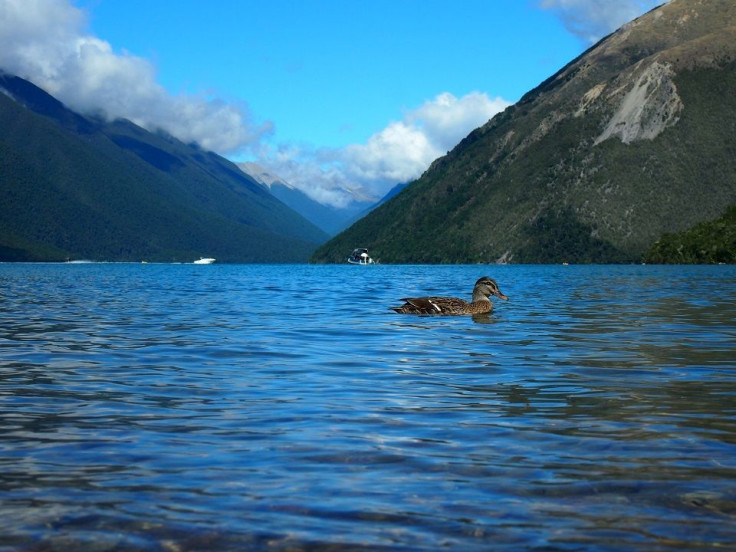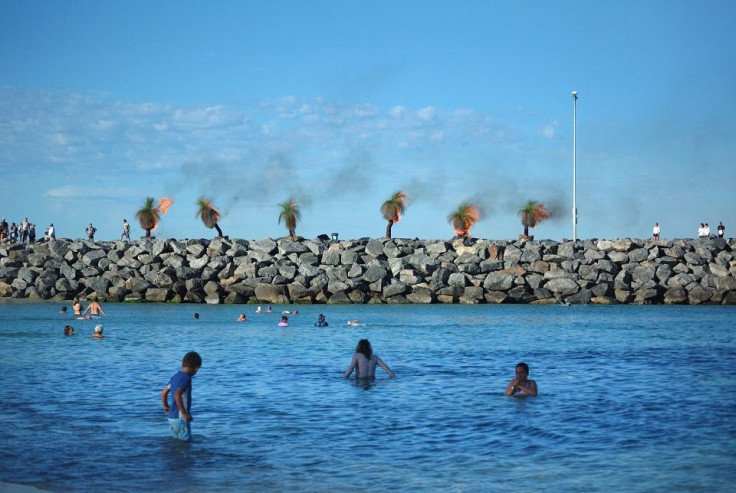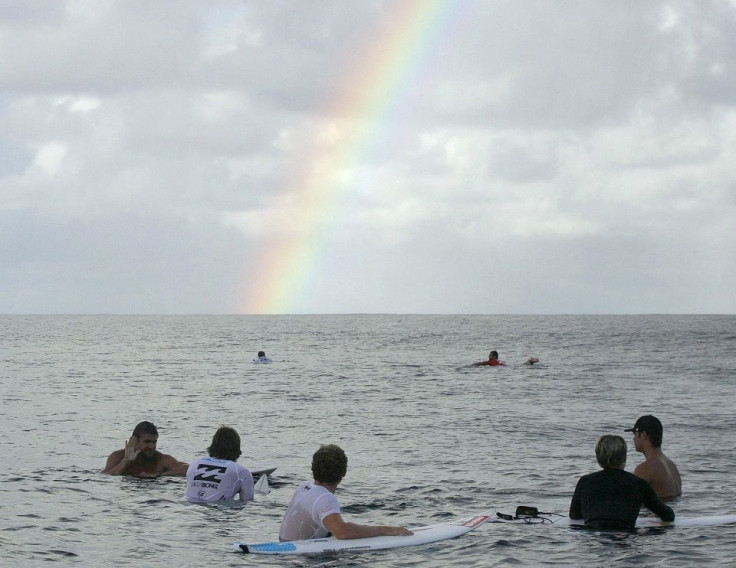World War III Update: Australia & New Zealand top list of recommended places to survive a global nuclear war
Hydrogen bomb blast could kill thousands or millions instantly

With talks of World War III becoming inevitable, people are now looking into options how to survive an anticipated global nuclear war between the US and Russia. Those who have money are building apocalypse-proof underground bunkers, while in online discussion forums, there are cities or nations recommended as good places to survive another global war.
Topping the list of places that were posted on Quora, a Q&A site, are two countries down south due to its faraway locations, being non-nuclear and lacking in strategic importance geographically, Metro reports. In suggesting the south island of New Zealand, top Quora writer Peter Baskerville explains, “It is probably the nearest habitable place that is as far removed from the ‘action’ as possible and is a land currently blessed with fertile soils, pure water and a decent group of people to survive with.”

Not surprisingly, if New Zealand tops the list, neighbouring Oceania nation should not be far behind. Second on the list is Perth in Australia because it is one of the most remote cities on Earth and also Australia is a non-nuclear nation.
Third on the list is French Polynesia. Ted Thed, who recommends the island, points out, “The chain of islands (400+) sits in a vortex of both wind and ocean currents that originate from the Antarctic area. While the entire southern hemisphere is largely target-free, Antarctica is the only continent you can guarantee won’t be targeted in some future conflict.”

Other places cited in Quora include Brazil because of its abundant natural resources, and Argentina and Chile because these two nation are located in the southern hemisphere and the air there clears up relatively faster.
A bad place to be in case World War III would break out is in the west. Experts from Physics and Nuclear Arms Today reckon that hydrogen bombs could destroy civilian buildings within a 10-mile radius based on calculations that a 20-megaton weapon would explode 3.3 miles above the ground.
Besides killing thousands or millions instantly, survivors of the blast would have to contend with a new health problem – radioactive fallout from the blast. Of the 15,350 nuclear warheads in the world in 2016, more than 90 percent belong to the two superpowers.
Although Doomsayers have been forecasting an all-out nuclear war since the Enola Gay dropped the atomic bomb on Hiroshima in August 1945, Turkish Deputy Prime Minister Numan Kurtulmus stresses, “If this proxy war continued, after this, let me be clear, America and Russia will come to a point of war,” Anadolu quotes.




















